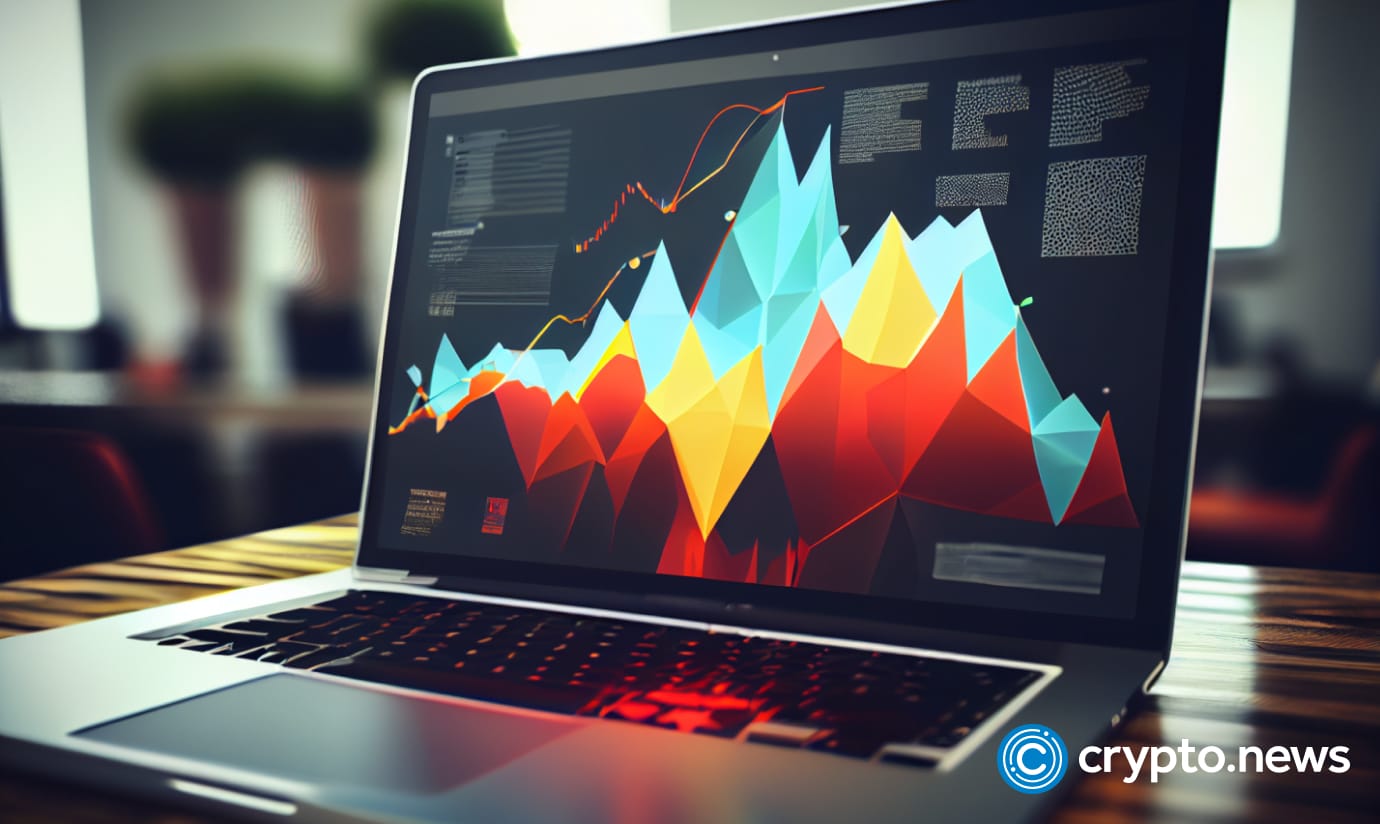2019-8-15 13:16 |
Coinspeaker
Dow Jones Plunges 800 Points amid Recession Fears
The Dow Jones Industrial Average fell 800 points yesterday which represents its biggest one-day fall this year.
At the time of writing in went on, falling 3.05% 25,479.42.
This might have come as a result of the slowing of the world economic growth, mostly sabotaged by President Trump’s trade protectionist policy that led the U.S. Treasury yield curve to invert and gave the whole world worries about a possible upcoming recession.
All 30 stocks in Dow Jones Industrial Average closed lower for only the third time this year, and all eleven sector indexes in the S&P 500 ended lower. Even the announcement coming from the Trump administration that they would delay the imposition of some new tariffs on Chinese goods didn’t help.
White House trade adviser Peter Navarro said that there are some “structural issues” the two countries need to settle down including cyber intrusion into U.S. business networks, forced technology transfer, intellectual property theft and currency manipulation.
The Dow Jones Industrial Average DJIA, -3.05% fell 800.49 points, or 3.05%, to 25,479.42, while the S&P 500 index SPX, -2.93% fell by 85.72 points, or 2.93%, to 2,840.60. Plunging technology shares dragged Nasdaq Composite COMP, -3.02% by 242.42 points, or 3.02%, to 7,773.94.
The CBOE Volatility Index, also known as the VIX, was back to trading above its historic mean Wednesday. The VIX, which generally trades inversely with the S&P 500, surged 22.43% to 21.45.
The market is mostly driven by bank stocks that had been leading the decline as the inversion of the yield curve is showing that banks traditional business model with short term borrowing costs higher than longer-term lending rates – are not going to work. Let’s not forget that an inverted yield curve is almost always showing an upcoming recession as it shows investors’ slow-down their belief in the economy.
Bank of America BAC, -4.69%, Citigroup CITI, -0.05% and J.P. Morgan JPM, -4.15% all ended significantly lower.
According to FactSet, Chinese industrial production growth in the world’s second-largest economy slowed to 4.8% on years’ level.
Morgan Stanley equity analyst, Michael Wilson commented on Trump-imposed tariffs on about $200 billion worth of Chinese imports from June 1 and possible additional 10% on the remaining $300 billion worth of imports from China.
He said:
“The global economy would likely see a recession if the US escalates tariffs on China to 25% for an extended period. Small and mid-cap companies are seeing an earnings growth problem – their first quarter year over year earnings growth fell by double digits. Earnings held up better among large caps (roughly flat for the S&P 500 in the first half) but we think second half 2019 and 2020 consensus numbers need to come down substantially.”
In other (bad) news, Germany’s economy shrank 0.1% in the second quarter due to a decline in exports that also shows a sign of early recession. This will for sure have an impact on other nations as well. Deutsche Bank predicted that their economy would continue slowing down during the current quarter, meeting the definition of a recession and economists urged Berlin to sharply boost government spending quickly to prop up growth.
Dow Jones Plunges 800 Points amid Recession Fears
origin »Bitcoin price in Telegram @btc_price_every_hour
Experience Points (XP) на Currencies.ru
|
|




